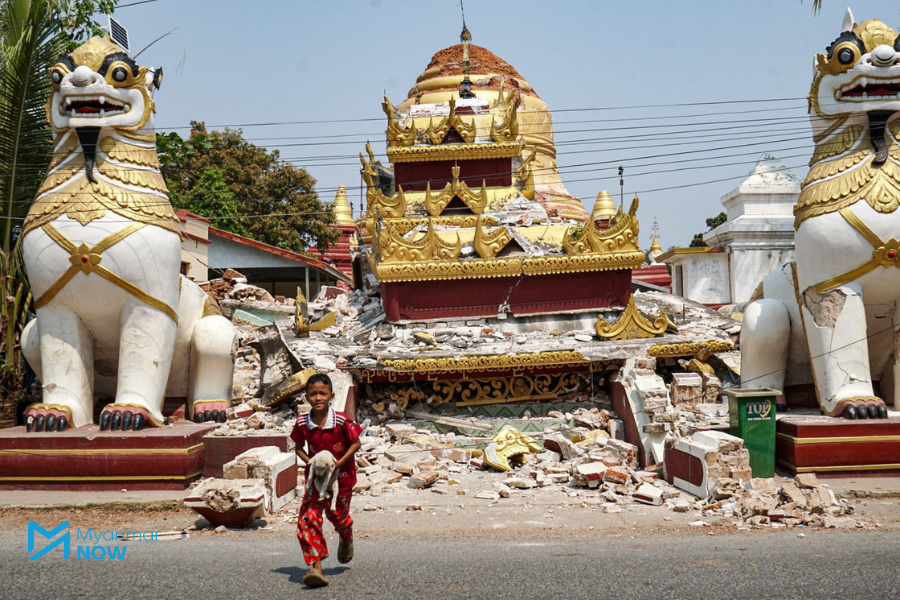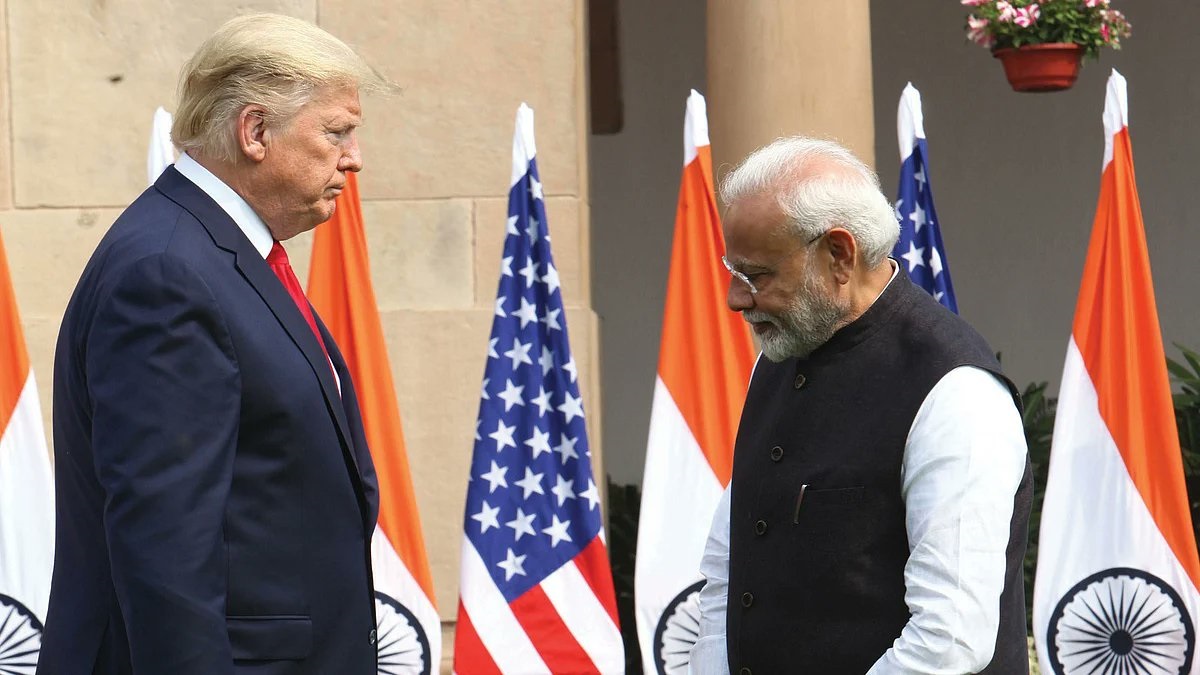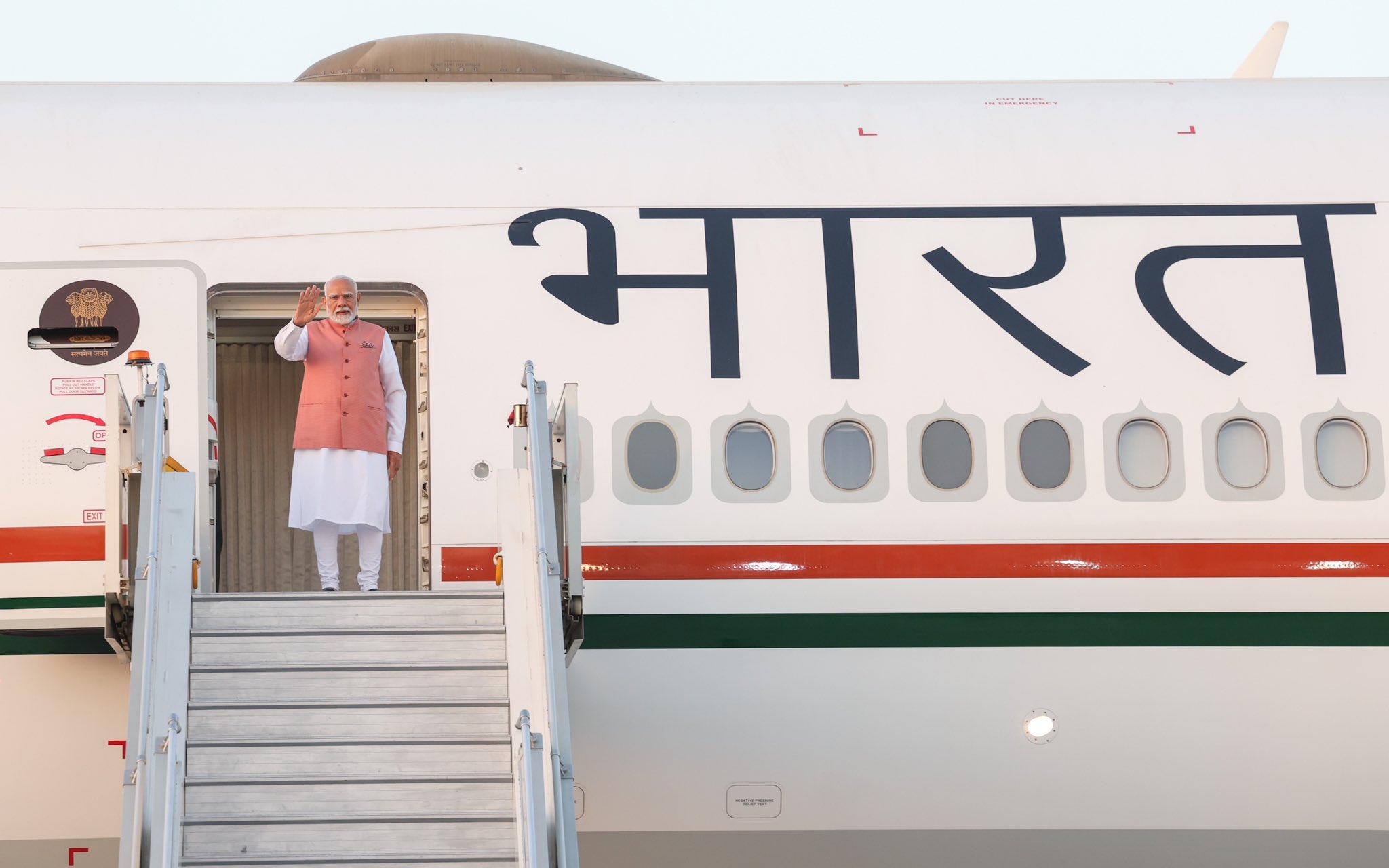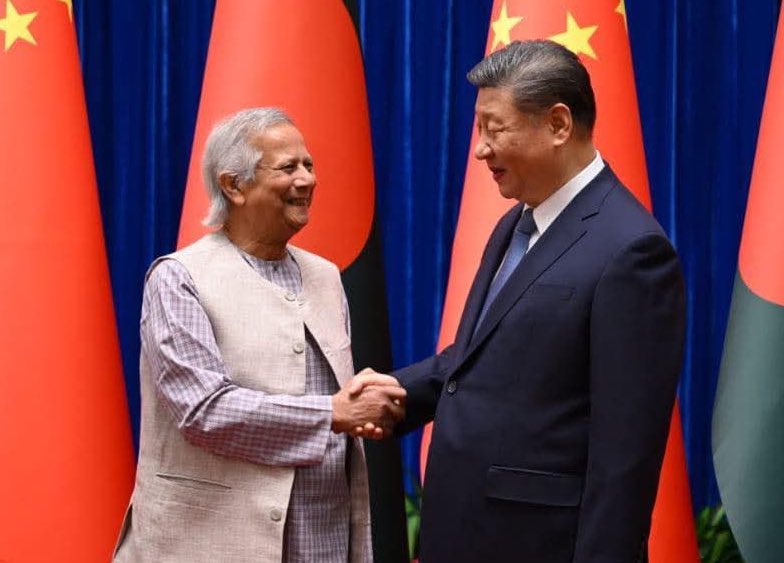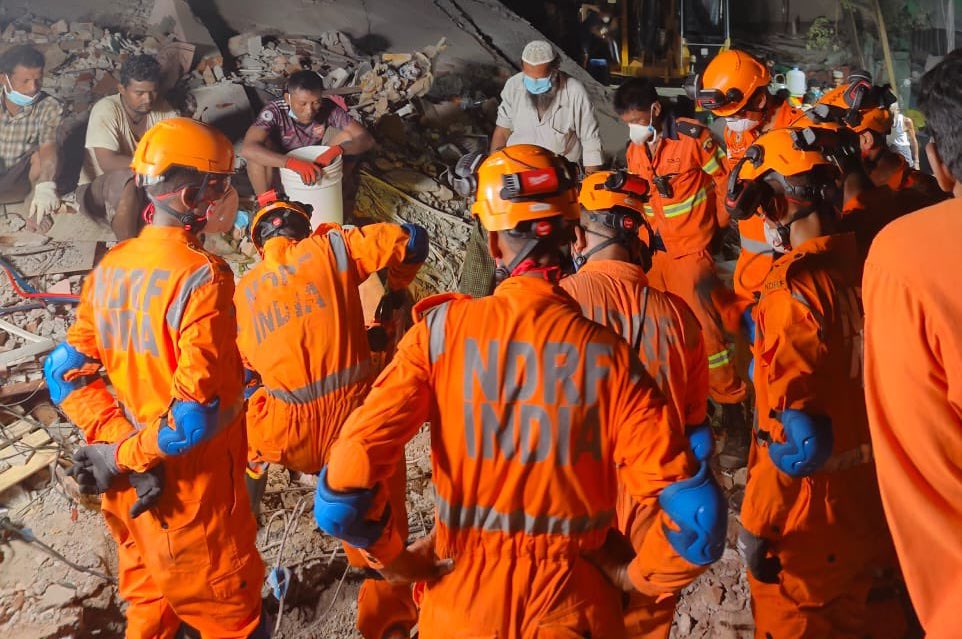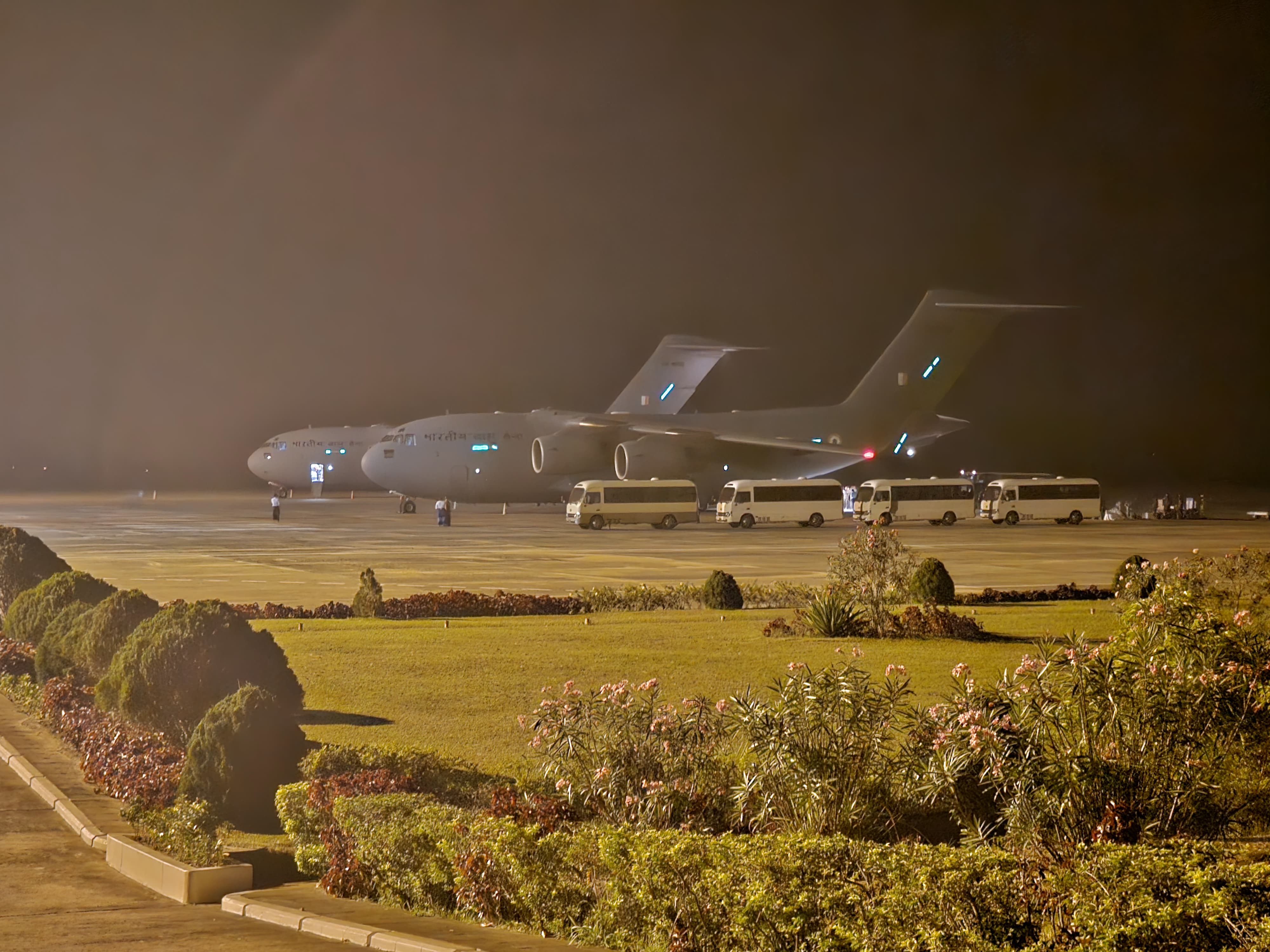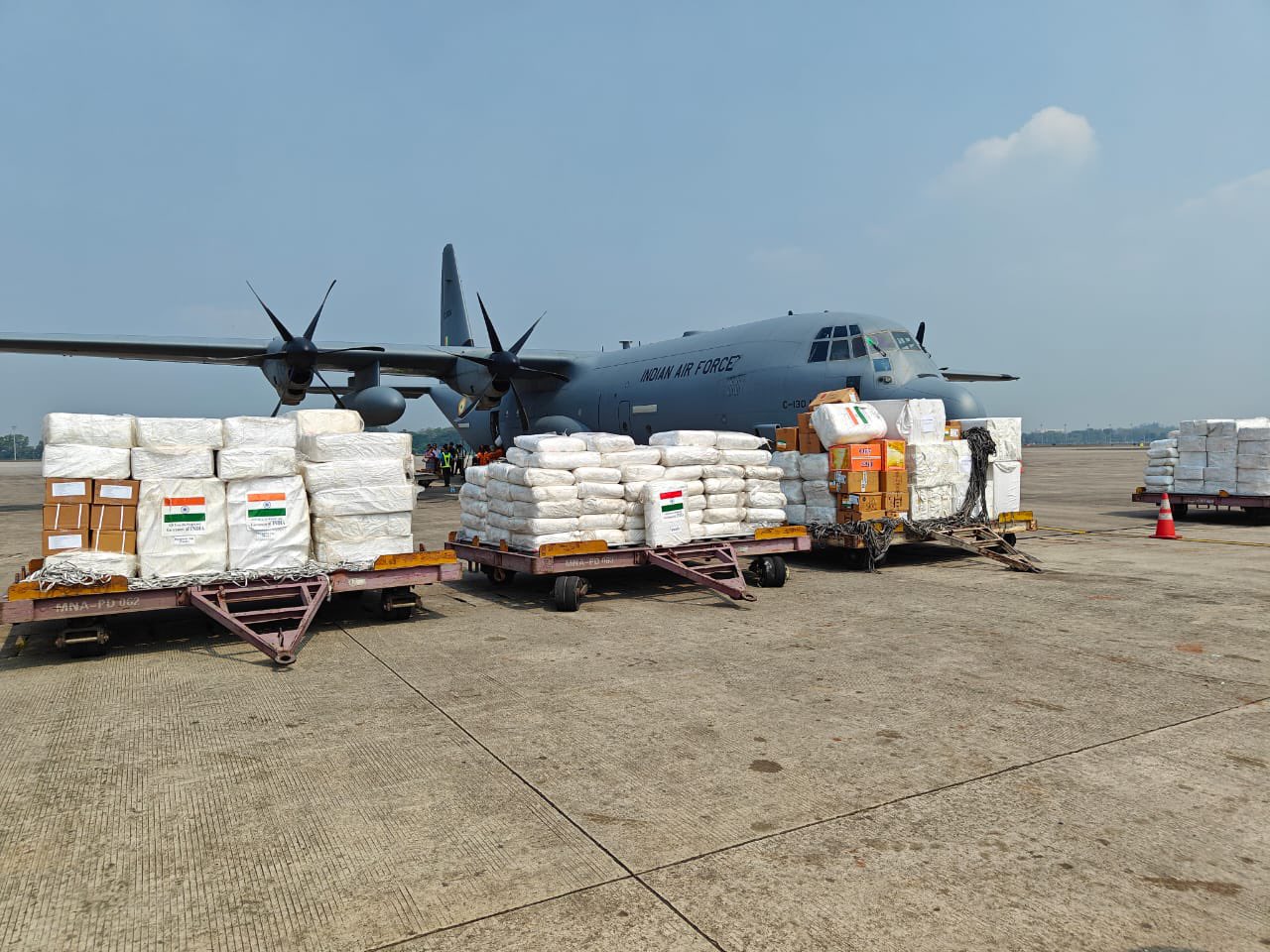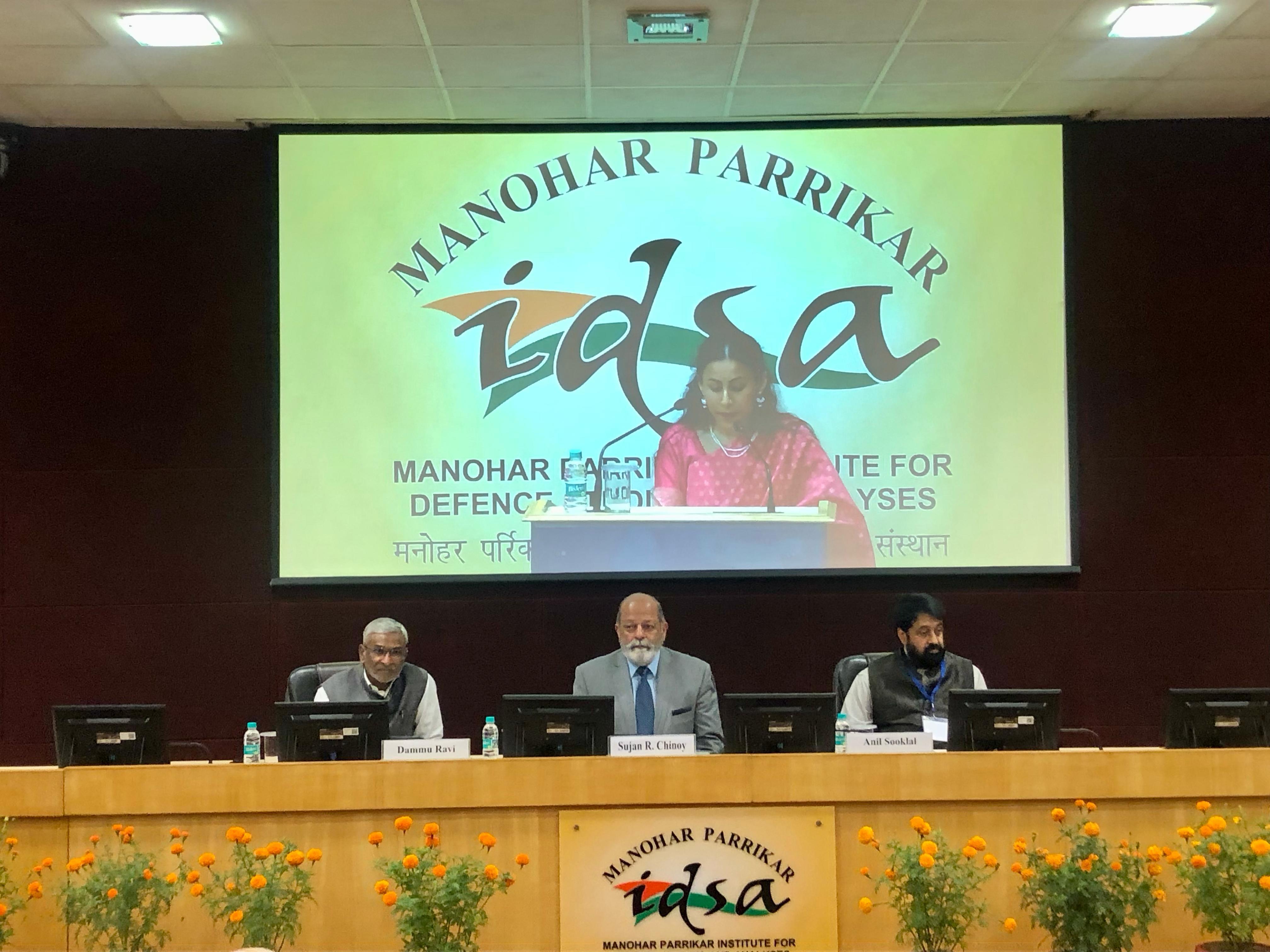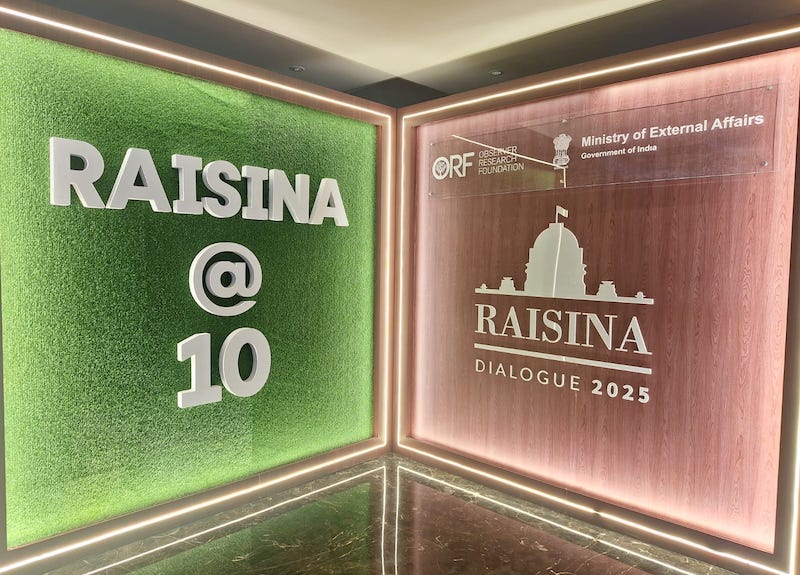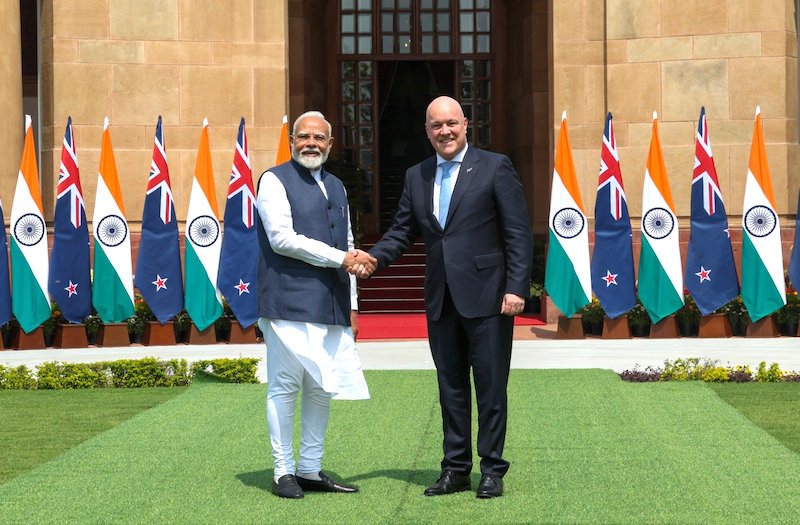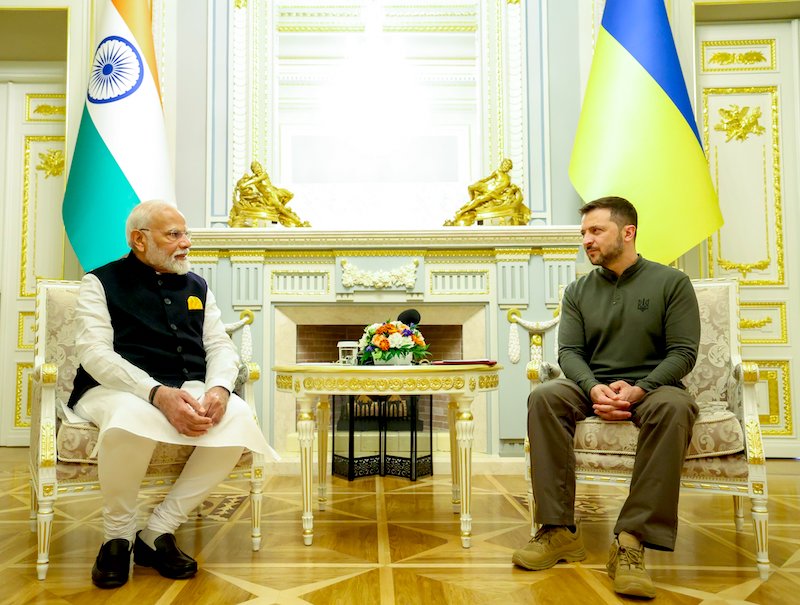 Narendra Modi (L) with Volodymyr Zelenskyy at Mariinsky Palace. (Photo: X/@narendramodi)
Narendra Modi (L) with Volodymyr Zelenskyy at Mariinsky Palace. (Photo: X/@narendramodi)
New Delhi: The prime minister, Narendra Modi, made a landmark visit to Ukraine, marking the first time an Indian leader has visited the country since it gained independence in 1991 after the collapse of the Soviet Union. Modi’s arrival in Kyiv on Ukraine’s National Flag Day underscored the significance of the visit, particularly as it came just a day before Ukraine’s Independence Day, and just weeks after his visit to Russia – a country that has been in an armed conflict with Ukraine since February 2022.
Modi, who arrived in Ukraine after a two-day visit to Poland, was welcomed in Kyiv with a ceremonial reception, where he later held discussions with the Ukrainian president, Volodymyr Zelenskyy, at the Mariinsky Palace – the official residence of the Ukrainian president. The talks between the two leaders focused on deepening economic cooperation, particularly in the defence and technology sectors, and addressing the ongoing conflict with Russia.
Sharing my remarks during meeting with President @ZelenskyyUa. https://t.co/uqnbBsHfmf
— Narendra Modi (@narendramodi) August 23, 2024
It may be mentioned that Ukraine was one of the major suppliers of equipment and spare parts to Indian armed forces, particularly the Indian Navy and the Indian Air Force, before the conflict with Russia began. This has since hampered India’s procurement of spare parts for its defence equipment and platforms, some of which were critical.
During the meeting, Modi reiterated India’s commitment to peace. He said, “India believes that dialogue and diplomacy are the only paths to a lasting resolution of the conflict.” The talks also touched on the future role of India in post-war reconstruction efforts in Ukraine.
The prime minister also announced a new package of humanitarian aid for Ukraine, emphasizing that India’s stance on the conflict remains one of neutrality and support for peaceful negotiations.
Today, history was made. The Prime Minister of India @narendramodi made his first visit to Ukraine since our country's independence, on the eve of our Independence Day.
— Volodymyr Zelenskyy / Володимир Зеленський (@ZelenskyyUa) August 23, 2024
Today, we reached an agreement on four documents between Ukraine and India, covering the medical field,… pic.twitter.com/I65cVWkbw7
It may be recalled that Zelenskyy and Ukraine’s western allies had sharply criticized Modi’s recent visit to Russia. In July, Modi was seen embracing the Russian president, Vladimir Putin, during the visit, which coincided with the Nato leaders’ summit in Washington, in which the United States-led military alliance pledged its unwavering support for Zelenskyy in the conflict with Russia. On his part, Zelenskyy had described the hug as “a devastating blow to peace efforts” and said he was “disappointed to see the leader of the world’s largest democracy hug the ‘world’s most bloody criminal’ in Moscow”, as India Sentinels had reported.
Despite this, Zelenskyy maintained that Ukraine values its relationship with India and hopes for greater cooperation in the future.
Experts see the Modi government’s current position as a tightrope walk for New Delhi, given India’s close ties with Russia – a longstanding ally from which it imports significant amounts of oil and military equipment. New Delhi also does not want to alienate western capitals, with which it shares important economic and security interests.
Modi’s acknowledgment of Ukraine’s assistance in evacuating Indian students at the start of the war further cemented the humanitarian aspect of India’s engagement in the region. This visit, while primarily focused on economic and humanitarian issues, is also a clear indication of India’s desire to be seen as a peacemaker in the conflict, balancing its relationships with both Russia and Ukraine without fully aligning with either side.

